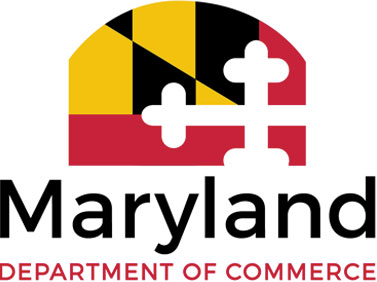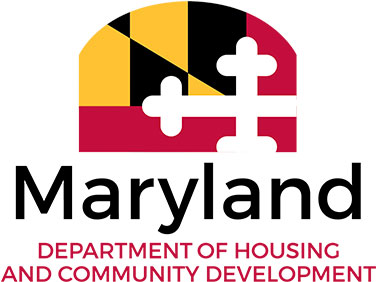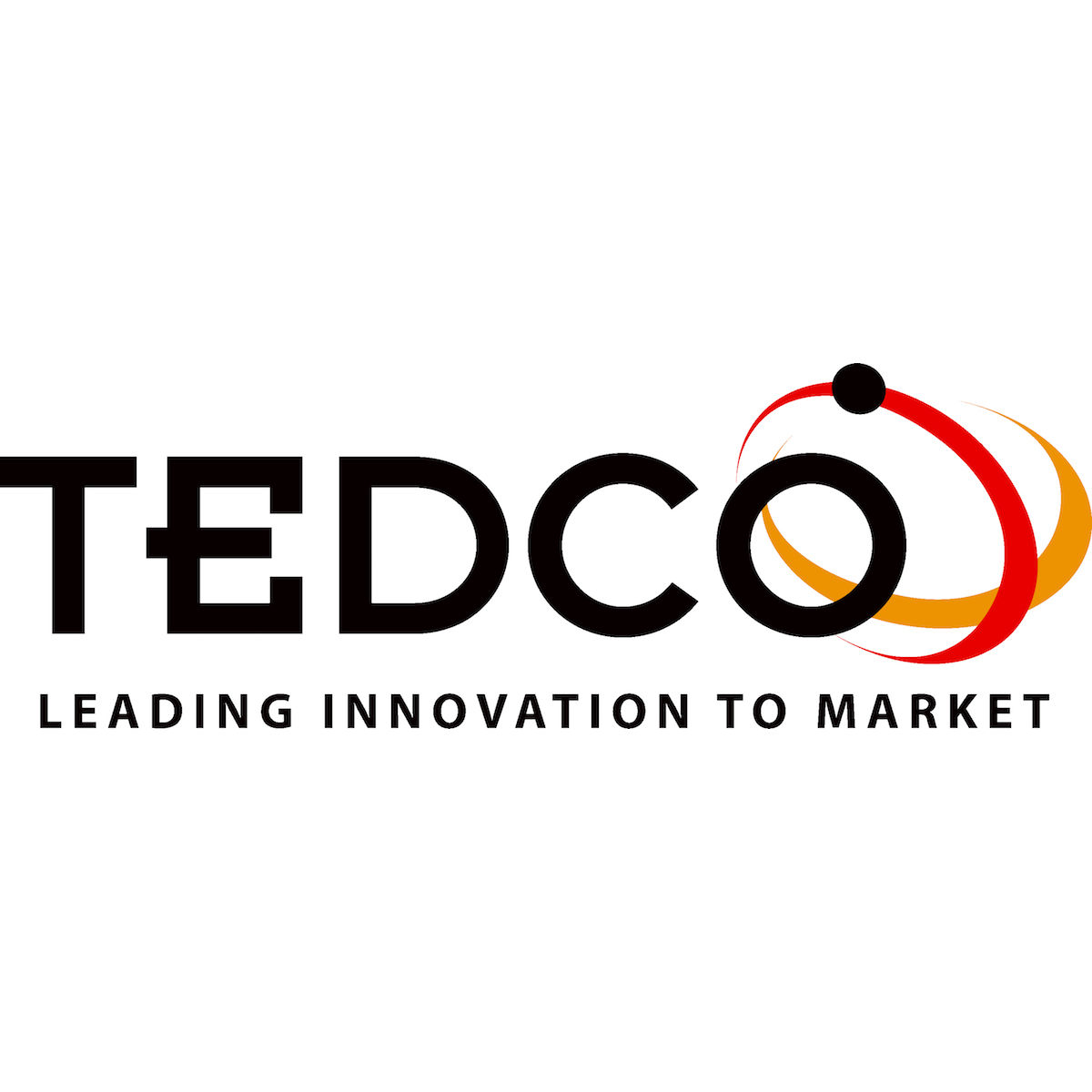After 25 years, here’s a look at TEDCO’s far-reaching influence on growing the Maryland ecosystem
Current and past leaders Arti Santhanam, Troy LeMaile-Stovall and John Wasilisin discuss the innovation hub’s impact on uplifting entrepreneurs in various industries across the state — and its vision moving forward.

Arti Santhanam, PhD, was already juggling scientific consulting, nonprofit work, molecular biology and cancer research when TEDCO got on her radar.
TEDCO offers funding and business resources for technology and life science-based companies in Maryland. She keyed in on the organization in 2014 when it committed more than $10 million in grants and loans to fund stem cell-based research and cures through its Maryland Stem Cell Research Fund.
Seeing TEDCO’s dedication to backing not only important medical advancements but also the careers of young scientists creating them inspired Santhanam to join the organization as an award manager for its Maryland Innovation Initiative later that year.
“There were so many postdocs that were graduating from the National Institutes of Health and had nowhere to go next,” she said. “There weren’t many career opportunities outside of becoming a research professor, so seeing the state invest that kind of money in life sciences research made a huge impact on me.”
Now, Santhanam serves as the executive director for TEDCO’s Maryland Innovation Initiative (MII), which provides funding to commercialize technology coming from university-based research.
MII has invested $48 million to create more than 140 companies that have raised nearly $800 million in follow-on investments since its inception in 2012. Plus, the average MII company raises its initial capital within just two years of completing the program.
But TEDCO’s efforts to support early-stage businesses originated long before those programs.
The Maryland General Assembly created TEDCO in 1998 to expand access to capital and growth opportunities for everyone in the state. A quarter-century of providing resources for aspiring entrepreneurs later, and it’s widely recognized as the hub of Maryland’s innovation ecosystem.
That’s why CEO Troy LeMaile-Stovall joined TEDCO in September 2020. The organization’s willingness to put in the legwork for a greater cause resonated with his past experiences in engineering, consulting, venture capital management and nonprofit leadership.
“This has been the culmination of everything that I’ve done,” he said. “[TEDCO is] a great example of how capital markets can be used to take on risk that other folks in that ecosystem don’t want to take on. The state can and should play a role in de-risking and providing returns to TEDCO and the entrepreneurs.”
According to a 2021 economic report by the University of Baltimore’s Jacob France Institute, the companies created or supported by TEDCO’s six primary funding programs generated $2.3 billion of economic activity within Maryland in just that year alone — creating more than 10,000 jobs in the process.
That figure is projected to grow to $3.5 billion in 2026, and this economic growth serves to benefit communities that are often overlooked as well.
LeMaile-Stovall highlighted the opportunity to uplift underserved people as a crucial motivating factor in TEDCO’s efforts. Of the 100-plus business deals approved through LeMaile-Stovall’s tenure so far, most of them have assisted minority founders specifically.
“More than half of them have gone to an organization run by someone of color or a woman,” he said. “Almost 60% of the money has gone to an entity led by someone of color or a woman. I’m very proud of that. There’s intentionality to that. There’s a purposefulness to that.”
Maintaining a deliberate focus on serving underinvested communities has been critical among past leadership, too. In 2018, former president and COO John Wasilisin held meetings with Black entrepreneurs at Morgan State University and Bowie State University to honestly discuss how TEDCO could improve its outreach efforts for minority founders.
Naturally, tempers flared among the struggling entrepreneurs, but Wasilisin was determined to hear them out to develop a reasonable solution.
“We were eviscerated by the people who were there and there was a high degree of frustration,” he said. “Instead of saying, ‘We’re out of here,’ I said, ‘We need to listen to this.’ After about 20 minutes when we never tried to put up one excuse for what they were saying, they seemed to soften a bit. We turned the last 40 minutes into a very productive meeting. We had to take our knocks and just let them vent.”
From there, the Pre-Seed Builder Fund launched in June 2018. This popular cohort-based program offers operational and financial support for Maryland startups founded by socially or economically disadvantaged entrepreneurs.
Wasilisin contends that TEDCO’s unwavering support of oppressed communities remains a driving force regardless of how much the organization increases its foothold in Maryland’s ecosystem.
“TEDCO should not be competing with private investors,” Wasilisin said. “It’s a very seductive thing to think, ‘If we had $1 billion in assets under management, think what we could do,’ but that’s not what TEDCO was created to do. We shouldn’t lose sight of those businesses and entrepreneurs that without TEDCO would have no chance. That’s not sexy, but it’s so important as a building block.”
As TEDCO continues to expand its outreach moving forward, its original mission remains a constant no matter who is steering the ship.
“TEDCO’s job is to give entrepreneurs access to a deep talent base and show them where ‘X’ marks the spot,” LeMaile-Stovall said. “It could be access to capital, access to a lawyer or access to a wet lab. Whatever those resources that they need for success, that’s the job of TEDCO.”


